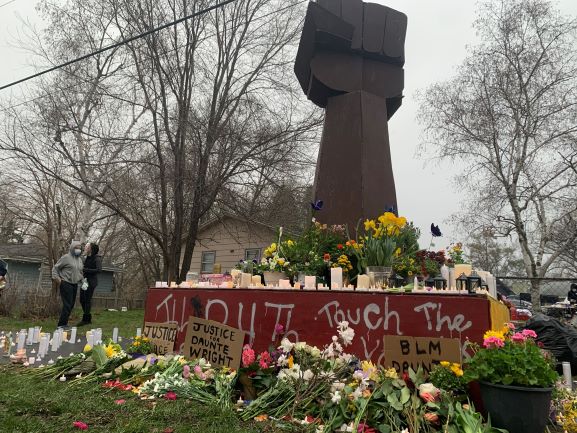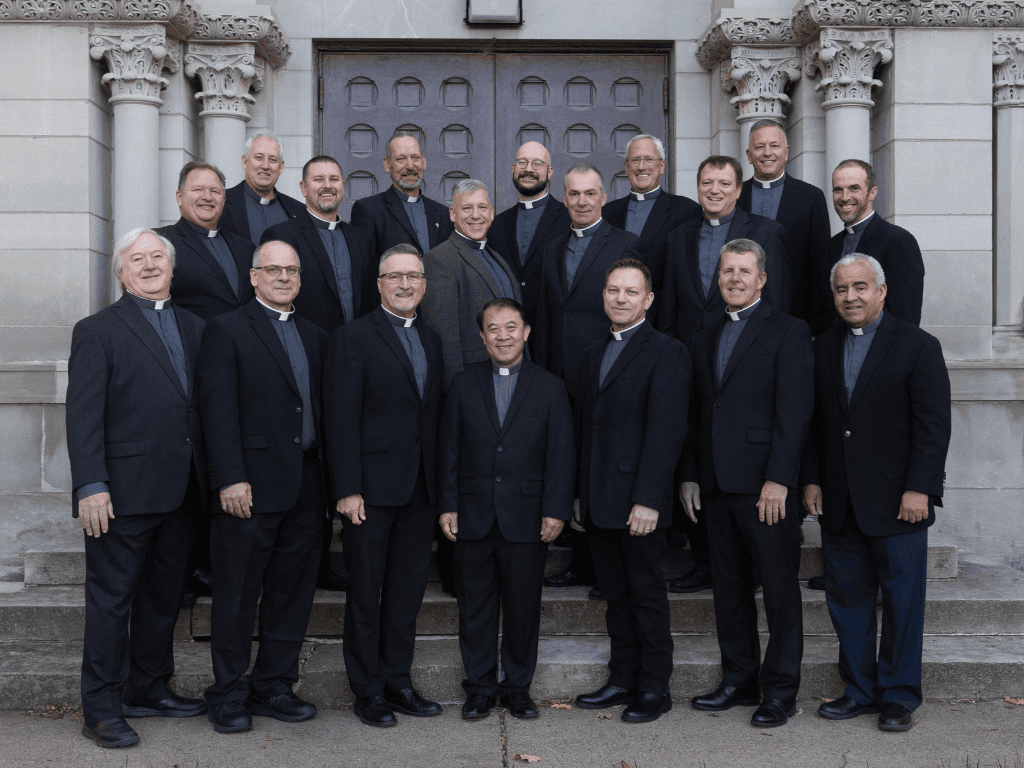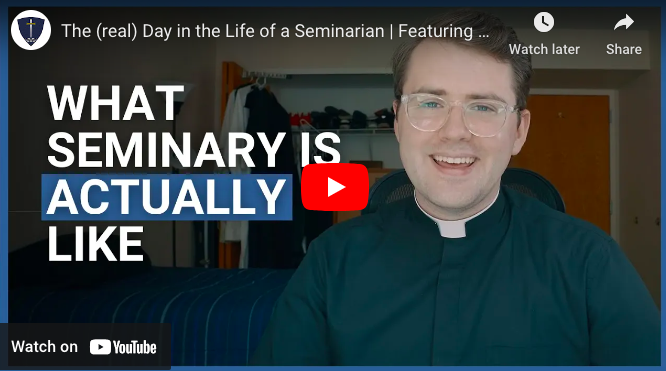The killings of Black, Indigenous and People of Color don’t seem to stop long enough for the deep wounds of racial injustice to heal. This was the theme of a recent healing and prayer service hosted by the Racial Justice Initiative and Campus Ministry at the University of St. Thomas. The virtual session gave people space to grieve and to express despair and anger over the recent killing of Daunte Wright, an African American man shot by a police officer in suburban Minneapolis less than a year after the death of George Floyd.
Led by Father Chris Collins, the incoming vice president for mission, and Dr. Yohuru Williams, founding director of the Racial Justice Initiative and Distinguished University Chair and Professor of History, attendees had the opportunity to both listen and discuss how those wounds are raw and open.
“In the light of this news of Daunte Wright being killed right in the midst of the unfolding of the trial of Derek Chauvin [for the killing of George Floyd], I was looking for some guidance on where to try to be present,” said Collins about how he and Williams decided to jointly hold this session.
Wounds certainly remain raw. Since then, video captured the death of Adam Toledo, a 13-year-old Latino shot by police in Chicago. Recent mass shootings resulted in the deaths of several members of the Sikh community in Indianapolis and Asian Americans in the Atlanta area. There were many others before them.
Collins, who arrived at St. Thomas in February, told attendees that he lived in St. Louis during the police killing of African American Michael Brown and when protests erupted after the verdict of not guilty of first-degree murder was rendered in the case of the police officer who shot and killed Anthony Lamar Smith, another African American man.
“That was a very painful time within the city of St. Louis,” said Collins. “I remember going down to the law school right across from the courts just try to be present and that turned into an extremely powerful experience for me with African American clergy and protesters who were spilling into the streets around the court house in St. Louis.”
He added that getting close to pain can be a guidepost and a way to understand what people are feeling in the midst of horrific tragic loss of life. “I think that’s the only thing we can try to do and that’s exactly also where the opening up for hope happens and I think the opening up to the grace of God when we don’t have clear answers about how to proceed or how to fix things,” Collins said.
Here are some additional takeaways from Collins and Williams to help the St. Thomas community heal.
A Christ-centered Response – Father Chris Collins
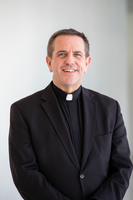
Father Christopher Collins
That Sunday, the day that Daunte Wright was killed, was also in the Catholic world what’s called Divine Mercy Sunday, which is also the second Sunday after Easter, said Collins. It is the day of the resurrection and the gospel reading for the Mass is the story about Thomas when Jesus goes to the upper room to meet with his disciples. Having been resurrected, he comes to them as they are locked away in fear and breathes his spirit upon them and says, “peace be with you.”
There’s one person left out of that encounter and that’s Thomas. Thomas then shows up and the other disciples are telling him, “Look, he is alive.” Thomas is kind of a skeptic. Thomas says, “Unless I can put my fingers into his side and touch those wounds, I will not believe.”
Sure enough, there is another time when they are all gathered and Thomas is there with them and Jesus comes and offers peace and then turns to Thomas and invites him into those wounds, into the place of the wounds. This is God in the flesh who has experienced the wounds of an unjust killing and even his resurrection doesn’t wipe away those wounds.
Just as we might hope that there’s the beginning and possibly healing of some wounds from George Floyd’s killing and maybe some justice coming, the wounds are exposed again and torn open again. Those wounds don’t go away; they can be transformed, too. They need not end in death. We can bring the pain and the ugliness and the tragedy of what it is that we have been experiencing in a way that hopefully might be helpful for some us to be able to bring together some of the pain, the loss, the tragedy, the anger, the injustice -- all of it -- and somehow have confidence that this can be drawn up into divine life, into love.
Build Deeper Relationships with One Another – Dr. Yohuru Williams
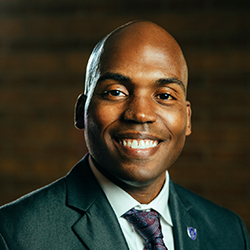
Dr. Yohuru Williams
“You can’t talk about healing unless in some sense you experience pain,” said Williams. “You can experience it vicariously in a way that creates empathy so that you ultimately come to the conclusion that if we can alleviate, in any way, any harm to any person or any community then that’s where the best of our energies should be focused.”
He mentioned the 1916 murder of Jesse Washington in Waco, Texas: “15,000 people turned out to watch this 17-year-old young man burned at the stake.” The photographed mob death of Washington curbed public support of lynchings.
“Wounds produce narratives,” Williams said. “The need to want to put our fingers in the wound and be real in that moment, I think maps what James Baldwin said. He said the world changes according to the way people see it and if you can alter, even by a millimeter, the way that people look at reality then you can change it. If we can expose the wound in such a way that we all mourn for Daunte Wright that we all mourn for George Floyd, then it resolders the connection of what it means to be human.”
Williams added: “There is the saying, ‘It takes a village.’ The reality is that we are the village. We can’t wait for other people or wait for other leaders or wait for others to take responsibility for what we all bear collective responsibility for and we don’t have the luxury in this moment. Ultimately the goal is for us to build deeper relationships with one another.”
